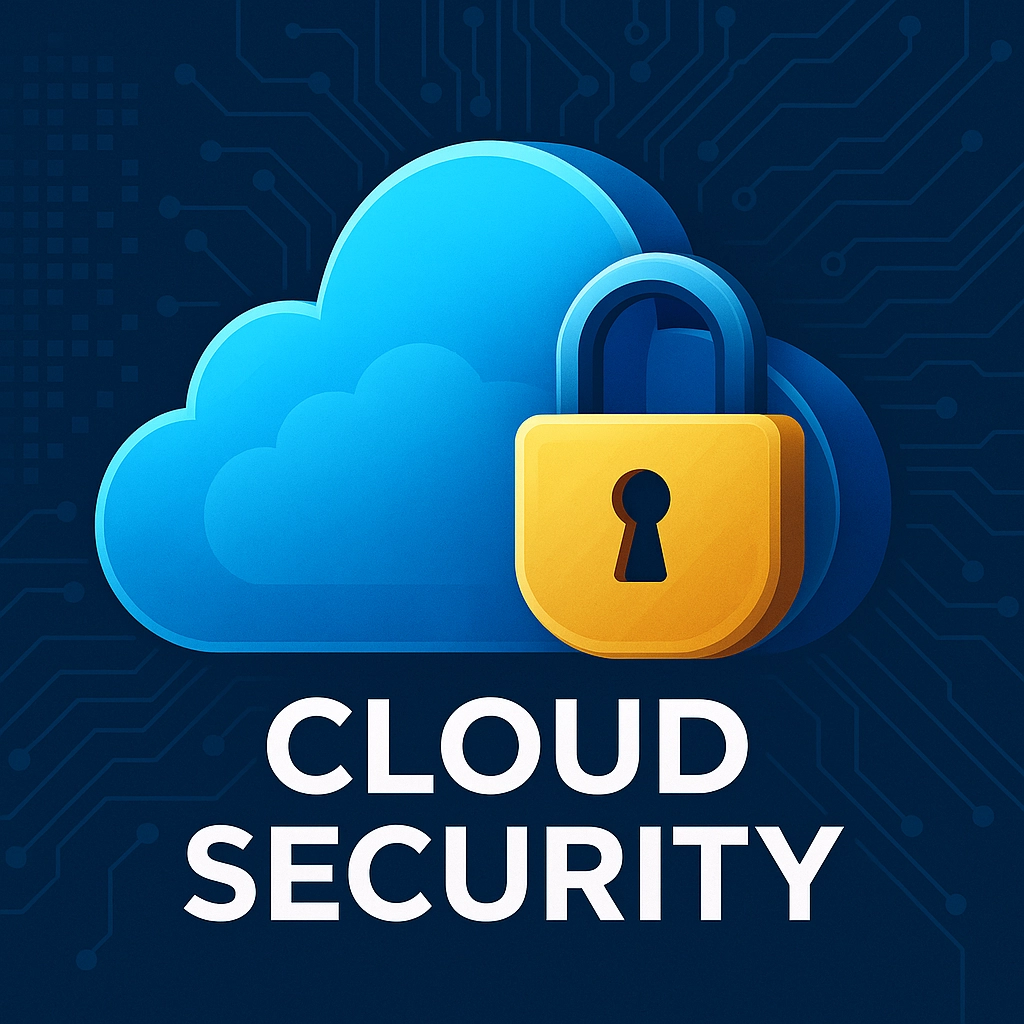
Small businesses in Pakistan are rapidly adopting cloud platforms such as AWS, Google Cloud, and Microsoft Azure. While cloud solutions offer flexibility and cost savings, many companies still overlook the security risks associated with cloud usage.
If you’re a startup, SME, or growing business relying on cloud tools, prioritizing cloud security is critical.
1. Enable Multi-Factor Authentication (MFA) Link to heading
MFA adds a second layer of protection by requiring users to verify their identity through:
- One-time codes
- Authenticator apps
- Security keys
For Pakistan-based teams working remotely, MFA prevents account hijacking and unauthorized access — one of the most common attack vectors.
2. Use Identity & Access Management (IAM) Link to heading
Limit user access based on roles:
- Developers → Only dev resources
- Finance team → Billing section
- Admins → All critical resources
This reduces insider threats and accidental configuration changes.
3. Encrypt Data in Transit & at Rest Link to heading
Encryption ensures your business data stays protected even if intercepted.
- Encrypt at rest using KMS (AWS), CMEK (GCP), or Azure Key Vault
- Encrypt in transit using TLS/HTTPS
For businesses handling customer data in Pakistan, encryption ensures compliance with global security standards.
4. Enable Logging & Monitoring Link to heading
Setup monitoring tools like:
- AWS GuardDuty
- Azure Security Center
- GCP Cloud Logging
These tools detect suspicious behavior and alert you instantly.
5. Regular Security Audits & Backups Link to heading
Perform quarterly cloud audits and keep automated backups.
Benefits:
- Protects you from ransomware
- Ensures business continuity
- Helps identify configuration gaps
Final Thoughts Link to heading
Cloud adoption is growing in Pakistan, but so are cyber threats. By following these essential practices, small businesses can significantly improve their cloud security posture.
Written by Shayan Anique Akhtar, IT Consultant & Cybersecurity Specialist.